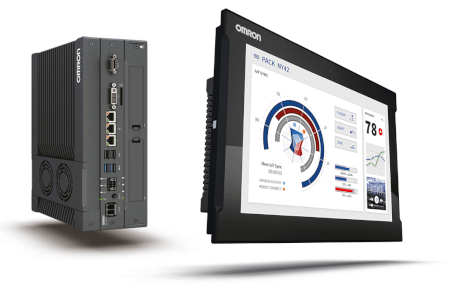
Industrial PC
Industrial PCs (IPCs) are robust computing systems designed for use in demanding industrial environments, playing a pivotal role in automation, control, and data processing. Unlike standard consumer PCs, which are designed for everyday tasks, IPCs are built to withstand extreme conditions such as high temperatures, dust, vibration, and moisture. They are typically used in manufacturing, energy production, transportation, and other industries where reliability and durability are crucial.
One of the key advantages of industrial PCs is their ability to operate continuously in harsh environments without compromising performance. They are often fanless, reducing the risk of mechanical failure, and use solid-state drives (SSDs) instead of traditional hard drives, which are more susceptible to damage from physical shock. These features make IPCs highly reliable for long-term operation in places where maintenance access may be limited.
IPCs are also highly customizable, allowing users to configure hardware and software to meet specific needs. This flexibility is vital in industries that require precise control over processes, such as assembly lines, chemical processing plants, and oil refineries. IPCs can be equipped with a variety of input/output ports and interfaces to integrate with sensors, controllers, and other industrial equipment, enabling real-time data collection and monitoring.
In addition to their hardware resilience, industrial PCs often run specialized software tailored to industry needs, such as SCADA (Supervisory Control and Data Acquisition) systems or machine vision applications. Their ability to connect with cloud services also supports predictive maintenance and IoT (Internet of Things) applications, making IPCs an integral part of modern smart factories.
In summary, industrial PCs are essential for modern industrial operations, offering reliability, flexibility, and the ability to operate in environments where consumer-grade devices would fail.
